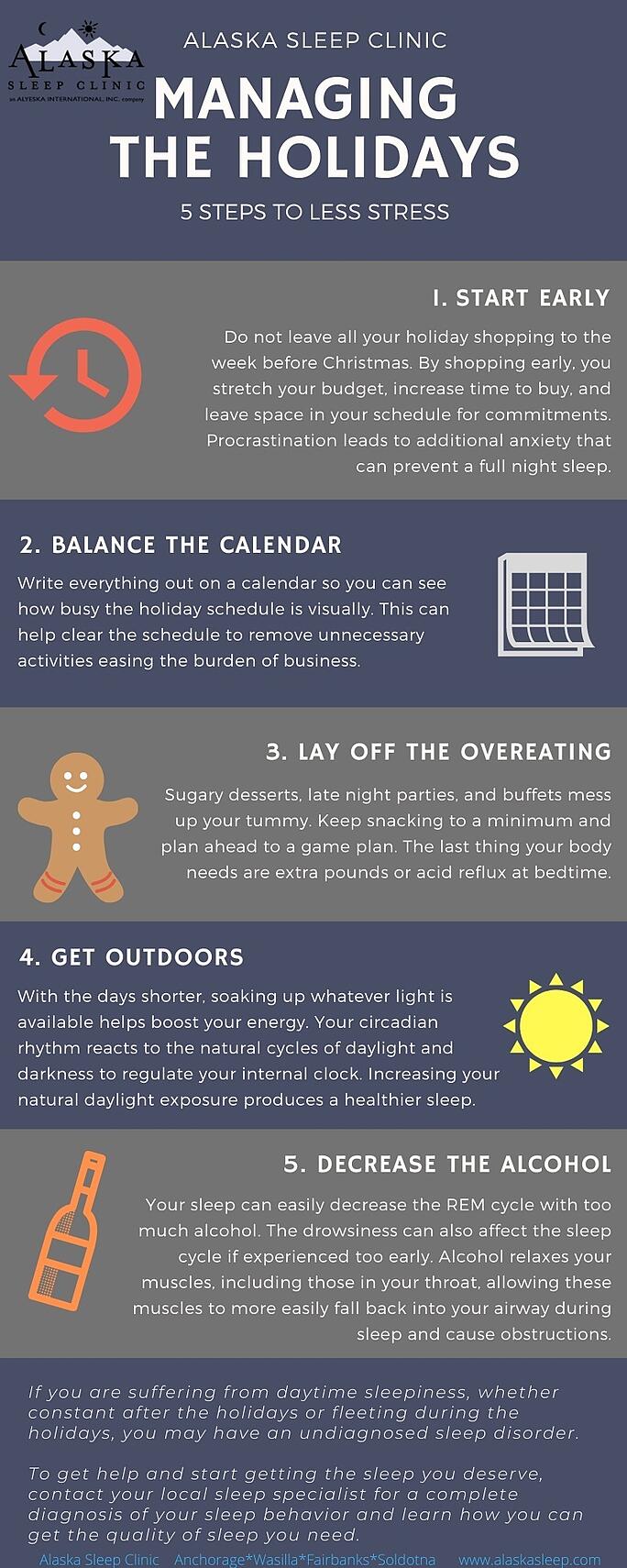Can’t Turn Your Brain Off at Night? We Can Help!!
Outside the normal snoring or heartburn, sometimes sleeping through the night can be a challenge. If you are experiencing an unusual high amount of stress, journaling can be the answer to start piecing together with your doctor before taking the next step with a sleep study.
Getting started with journaling is the fun part. Shop for the right journal that fits your style: religious, inspirational, leather-bound, or an app. And if you are going for a print journal, have some fun with special pens and colors to make it fun or fit your mood. Try purchasing some ambient light in your room and make the night part of your bedtime routine. Set the mood with soft music and essential oils for a diffuser.
There are several reasons why you should consider journaling through your highs and lows outside sleeping a quality-filled night sleep. Habits good and bad can be tracked through daily thoughts and can help track your sleep quality. It could be something simple like caffeine too close to bed. But finding the right answer with journaling is a place to start.
Pete Bils, vice president of Sleep Science and Research at Sleep Number, notes that when we are anxious, cortisol is released into the bloodstream which is like a shot of caffeine at bedtime. Journaling can be a step towards an anxiety-free night. The lows also can help journal and think about all the negatives and positives that could occur.
There are a few different ways to start journaling.
- The to-do list. A lot of stress at bedtime is because we are overworked and overstressed. Writing down a to-do list for the next day can help you prioritize your tasks and can take the worry away of forgetting what to-do. One study found people woke up less in the middle of the night and fell asleep 9 minutes faster after a to-do list was created.
- Gratitude journaling. For some suffering through hardships or depression, a gratitude journal could be the boost you need. Something simple can be found daily even on your worst days: a sound of a bird, a beautiful flower, a smile from your child. Start journaling all the blessings in your life.
- Think about the problem and solution when journaling. It is ok to admit something is wrong. The tip in journaling is to reflect back on the journey so sugar-coating the journal is not helping your mentality.
- Blessing jar. Add a jar on your kitchen table or on the nightstand and add a blessing a day. Getting the whole family involved and read them when you are a little down.
- Visual mapping. Creativity is in each of us and journaling may be the place to start since it is an intimate expression for you about your experiences. Draw out the highs and lows of the day and record your feelings through the art of sketching, graphing, or mapping.
- Aspirational journaling. Some people may have a rough time sleeping because they are in a rut or stuck where they do not know what is next in life. Dreaming is normally thought to be a childish endeavor, but it helps track a trend as well to the physical and emotional roadblocks to accomplishing your dreams.
- Dream journals. If you wake up in the morning and remember a dream, track it. There could be recurring dreams or nightmares that are impeding your sleep and causing stress or anxiety. By tracking dreams right after you wake up, the symbol behind the dream could add up.
- Bullet journaling. Even if you are in a good place, bullet journaling can help you reflect back in life by adding one bullet a day. The bullet can be anything you want to remember, but don’t forget a day so you can track life.
What to track for your doctor could be helpful as well:
- Wake up and bedtime
- The last time and meal you last ate
- The season and room temperature
- How tired you were at work
- The last drink you took (water, caffeine)
- Any medications you took
- Time of day and amount of exercise during the day
Writing prompts can be a good place to start if you are stuck:
- I can’t sleep because I’m worried about…
- Today I felt…
- In life right now, I feel…
- I can’t sleep because tomorrow I have to…
- I can’t sleep because I’m thinking about how to fix…
- I can’t sleep because I’m mad about…
- I wish I would have ____ today…
- I can’t sleep because I have an idea about…
If you’ve been keeping a sleep journal for a while now, and still haven’t seen positive results, you may want to consider the next step: having a sleep study. If you live in Alaska and want to see if a sleep study is right for you, contact The Alaska Sleep Clinic by clicking the link below for a free 10-minute phone call with a sleep educator who can help determine if a sleep study is necessary or if a consultation with our sleep specialist needs to be scheduled.
![trust-bbb_torchaward_graphics_TorchAwards_header_finalist[1]](https://www.alaskasleep.com/hs-fs/hubfs/trust-bbb_torchaward_graphics_TorchAwards_header_finalist%5B1%5D.png?width=2001&name=trust-bbb_torchaward_graphics_TorchAwards_header_finalist%5B1%5D.png)



